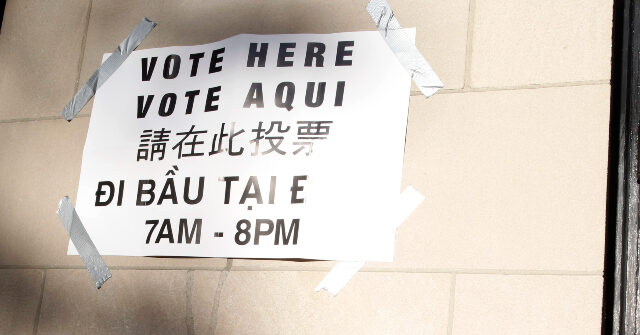Executive Order to Establish English as the Official Language of the United States
Overview of the Executive Order
An executive order reportedly being prepared for President Donald Trump’s signature aims to formally declare English as the official language of the United States. This order, first reported by The Wall Street Journal on a Friday, is expected to revoke a federal mandate introduced by President Bill Clinton. The Clinton-era directive required federal agencies and recipients of federal funding to provide language assistance to non-English speakers. While the new order would rescind this requirement, it would still allow agencies to offer documents and services in other languages if deemed necessary. According to a White House summary of the order, the primary goals of this policy are to promote national unity, enhance government efficiency, and create a clearer pathway for civic engagement among all Americans.
Historical Context and Policy Implications
The idea of establishing English as the official language of the United States is not new. Currently, more than 30 states have already adopted English as their official language at the state level. However, this executive order would take the policy a step further by making it a federal mandate. The Clinton administration’s 1990s-era mandate required federal agencies to provide language assistance to non-English speakers, a move that was intended to ensure inclusivity and accessibility for all citizens. By rescinding this mandate, the Trump administration is signaling a shift in approach, emphasizing the importance of English as a unifying force in American society. Despite this change, agencies would still retain the flexibility to provide multilingual services, ensuring that non-English speakers are not entirely disenfranchised.
Public Support for English as the Official Language
The proposal to make English the official language of the United States enjoys widespread public support. Polling data from Rasmussen Reports, dating back to at least 2018, consistently shows that a majority of Americans favor the idea. In the most recent survey conducted in April 2022, 78% of respondents supported making English the official language, while only 14% opposed it. This level of support has remained relatively steady over the years, with earlier polls in 2021 and 2018 showing similar results. In 2021, 73% of Americans backed the idea, and in 2018, a whopping 84% expressed support. These numbers indicate a strong and enduring belief among the American public that English should be formally recognized as the nation’s official language.
Political and Cultural Debates Surrounding the Issue
The push to establish English as the official language has long been a topic of political and cultural debate. Proponents argue that a shared language fosters national identity, simplifies government operations, and promotes economic and social integration for immigrants. They also believe that it encourages newcomers to learn English, which is often seen as a key to success in American society. On the other hand, critics argue that such a policy could marginalize non-English speakers, create unnecessary barriers to government services, and undermine the country’s multicultural heritage. The debate has also been influenced by moments in recent political history, such as when then-presidential candidate Jeb Bush criticized Donald Trump for his views on language during the 2015 campaign. Trump responded by emphasizing the importance of speaking English in the United States, further fueling the national conversation on the issue.
Potential Impact on Government Operations and Civic Engagement
If signed into law, the executive order could have significant implications for government operations and civic engagement. By rescinding the Clinton-era mandate, federal agencies would no longer be required to provide language assistance, potentially streamlining their operations and reducing costs. However, this change could also create challenges for non-English speakers who rely on these services to navigate government programs, understand legal documents, and participate in civic activities. Advocates of the order argue that it will encourage immigrants to learn English, which they believe is essential for fully integrating into American society. Meanwhile, opponents worry that the policy could exclude certain groups from meaningful participation in public life, undermining the principles of equality and inclusivity.
Conclusion: The Broader Significance of the Executive Order
The executive order to establish English as the official language of the United States reflects a broader debate about national identity, cultural unity, and the role of government in promoting inclusivity. While the policy enjoys strong public support, it also raises important questions about its potential impact on non-English speakers and the government’s ability to serve all citizens effectively. As the order moves closer to being signed, it is likely to spark further discussion about the balance between promoting a shared language and ensuring that all Americans, regardless of their linguistic background, have equal access to government services and opportunities for civic engagement. The outcome of this debate will have far-reaching implications for the future of American society and the role of English in it.


